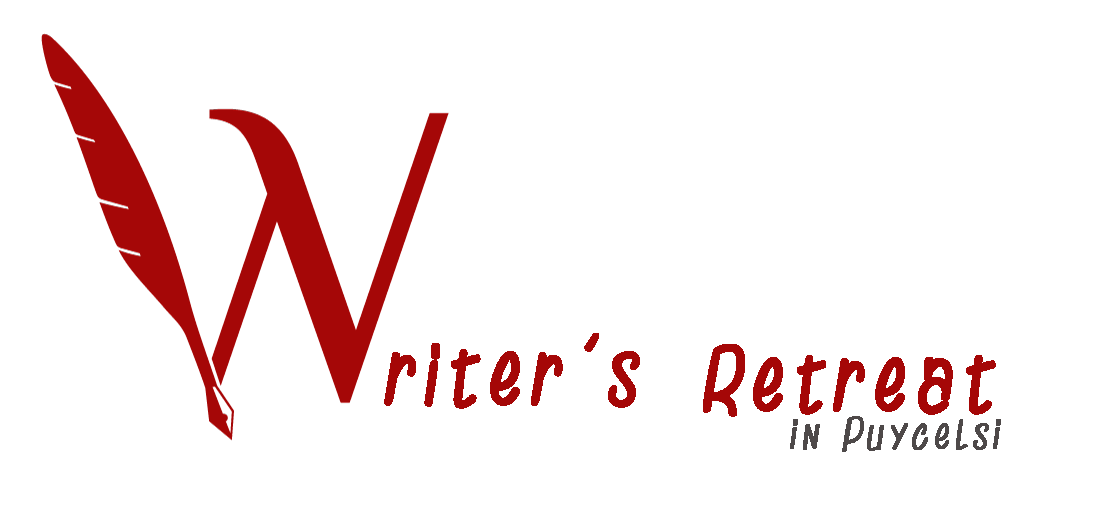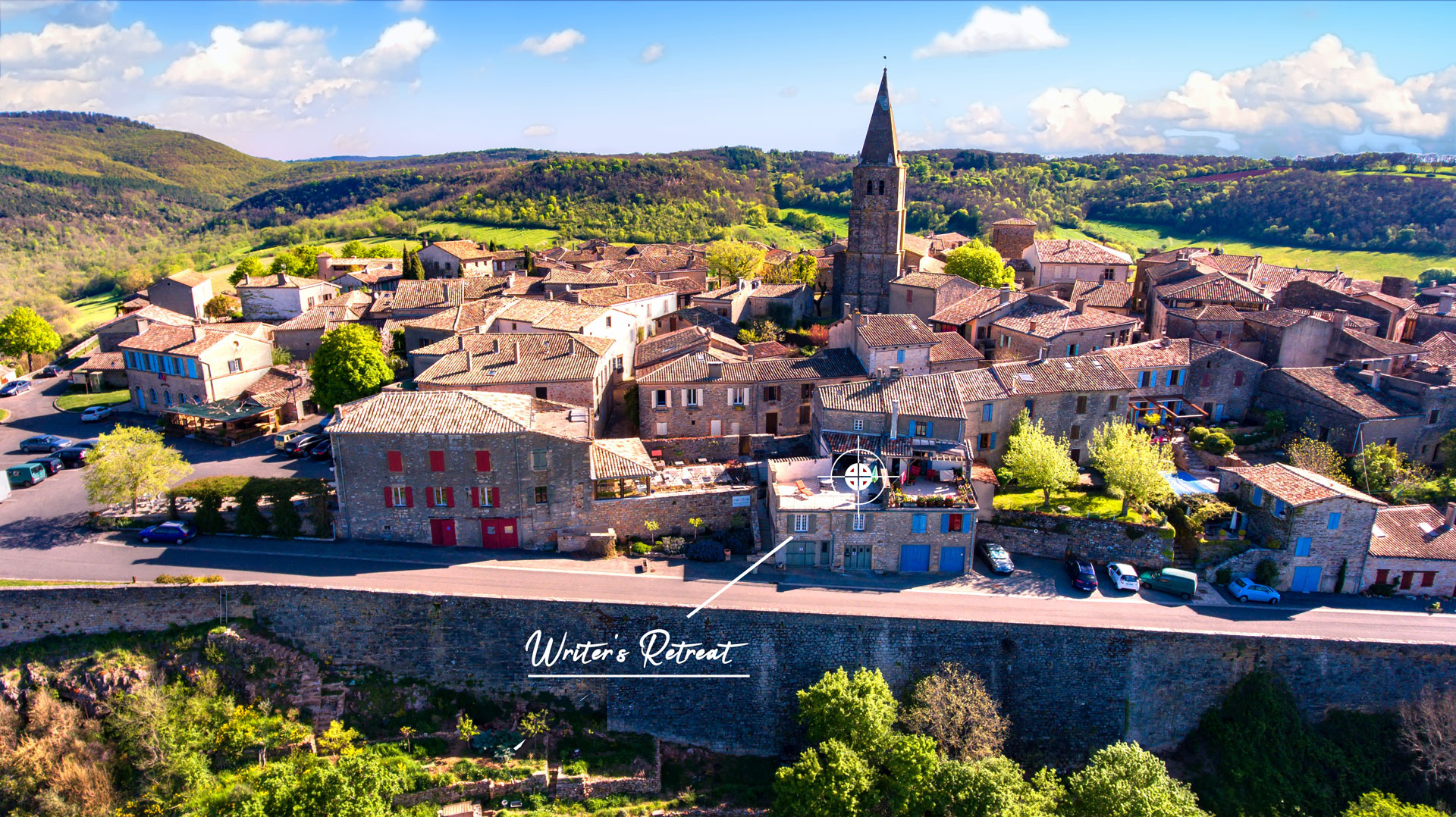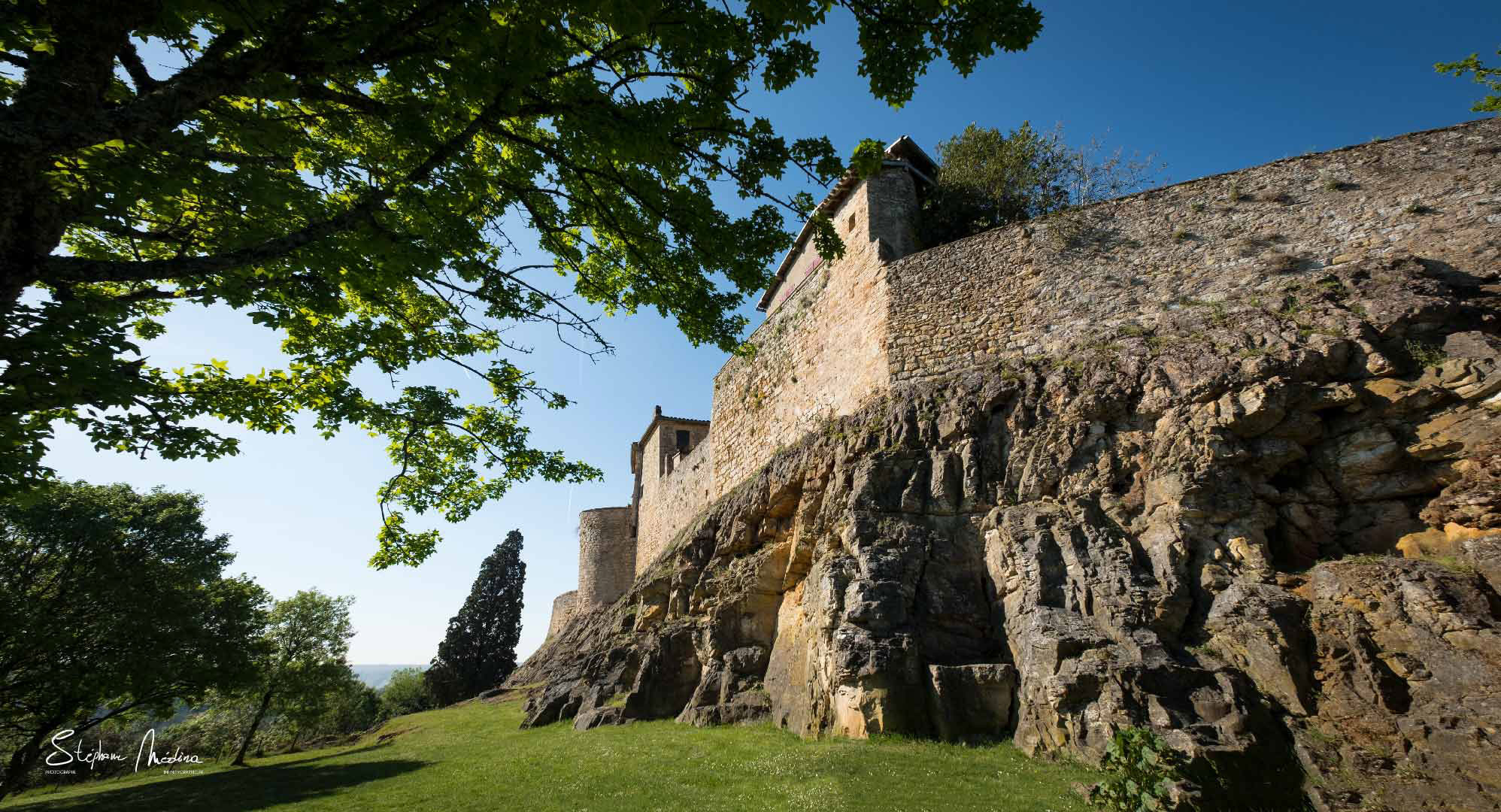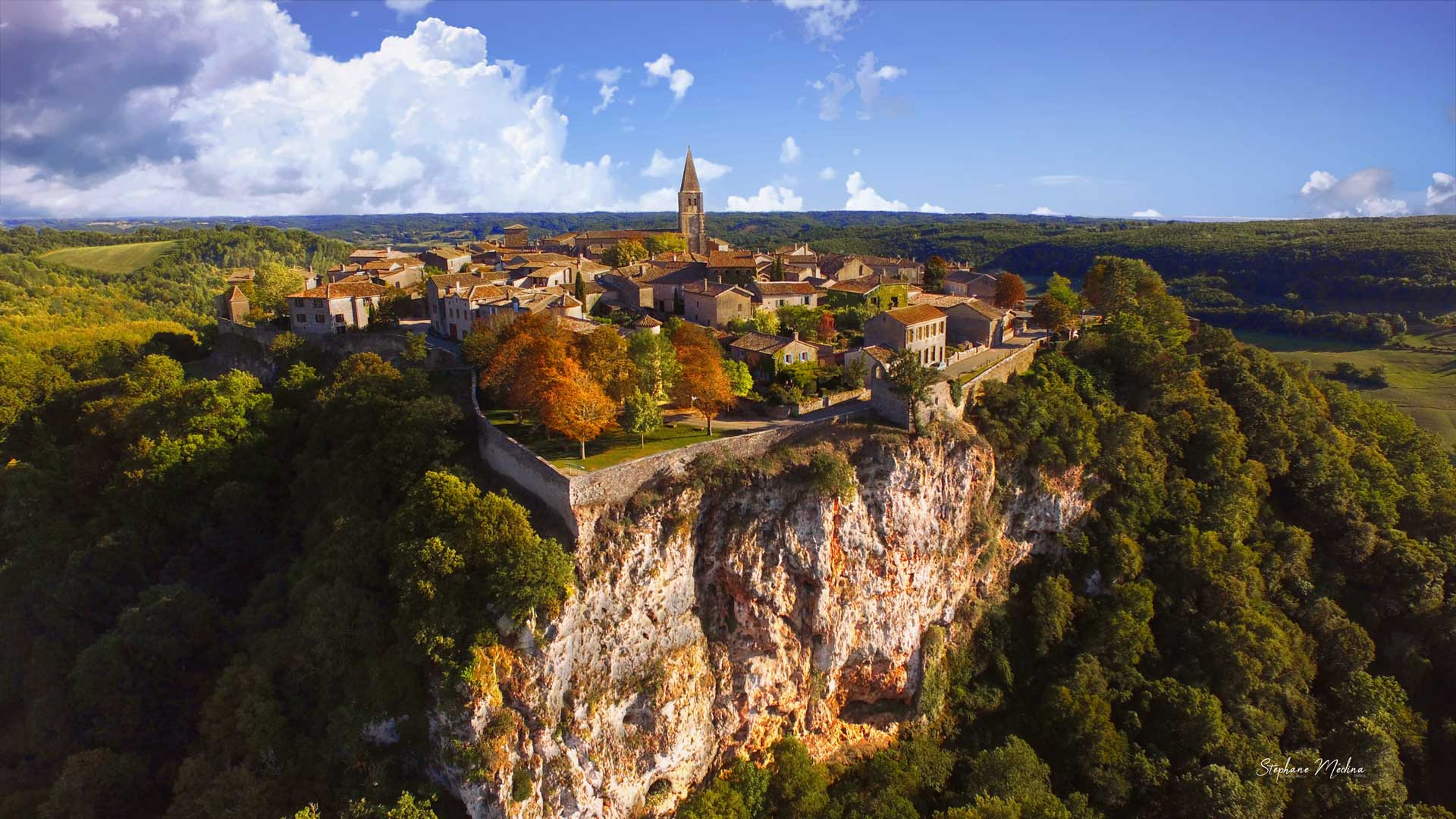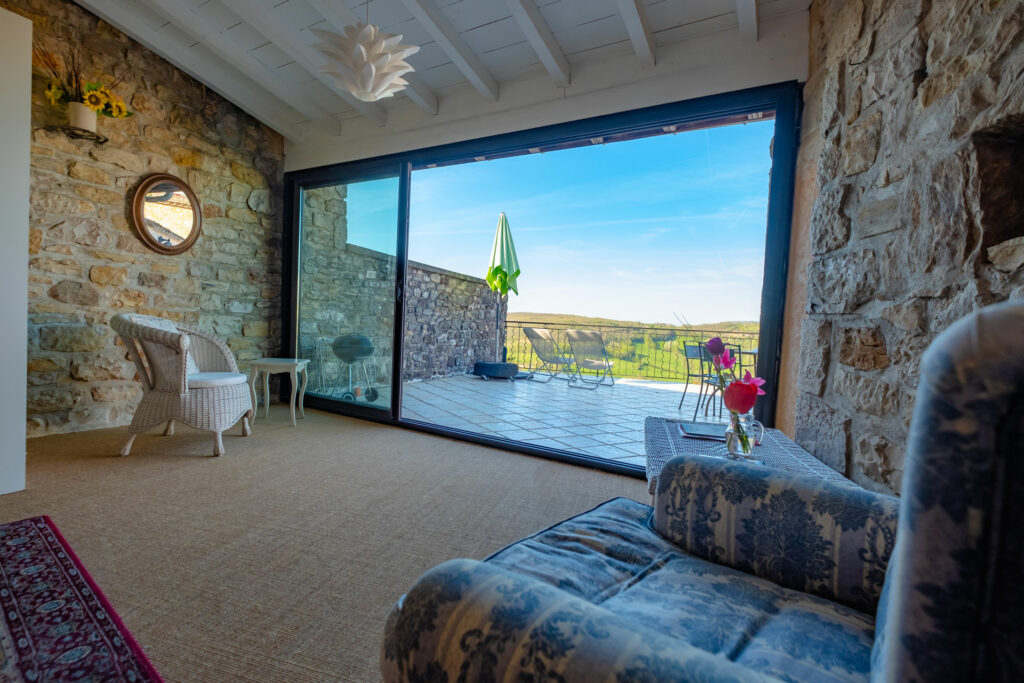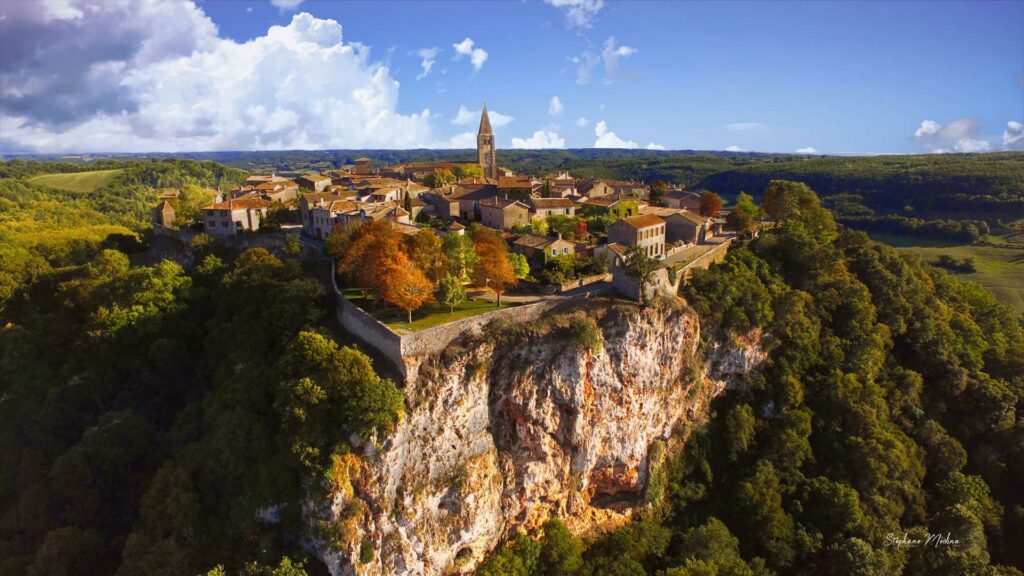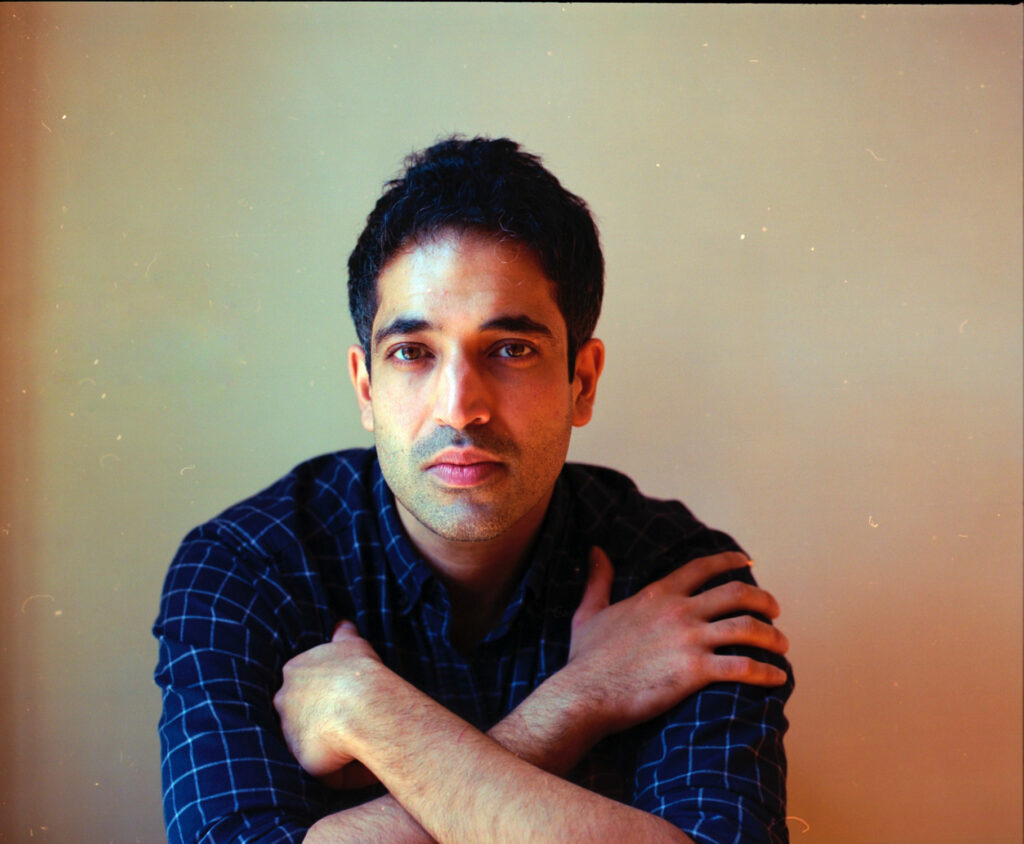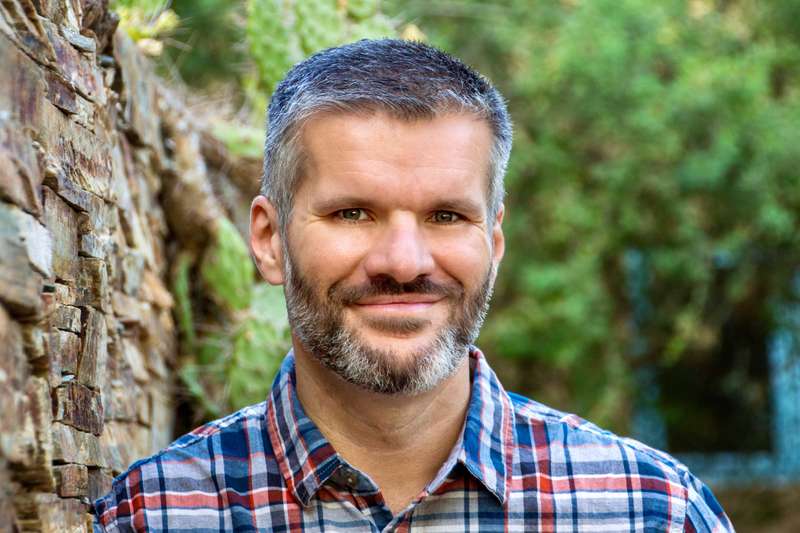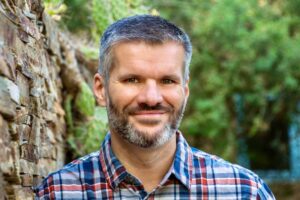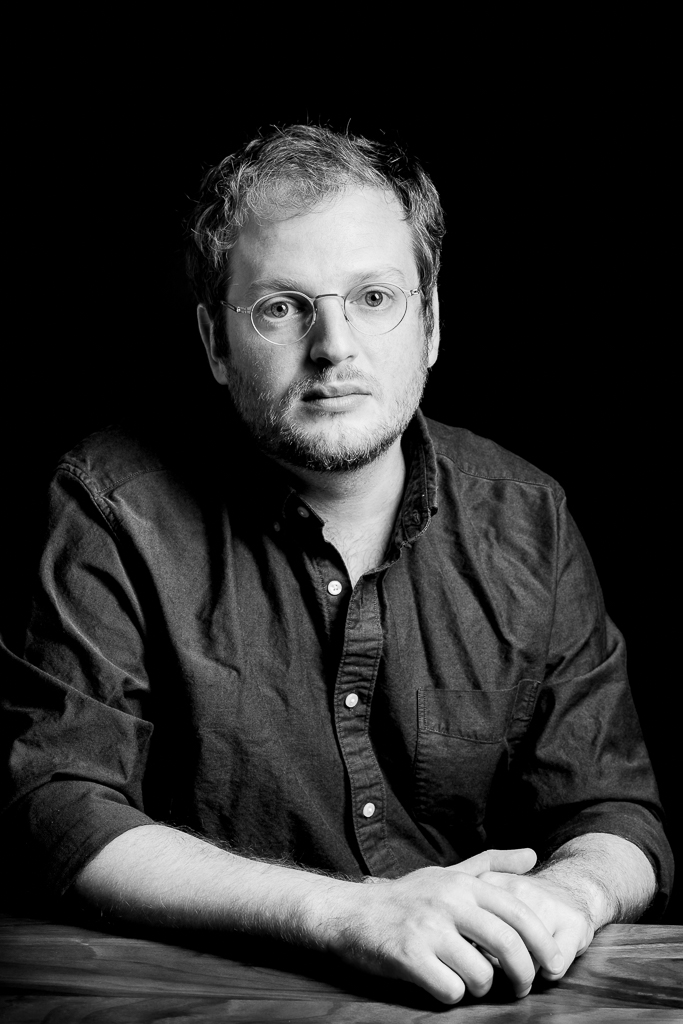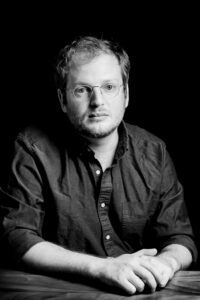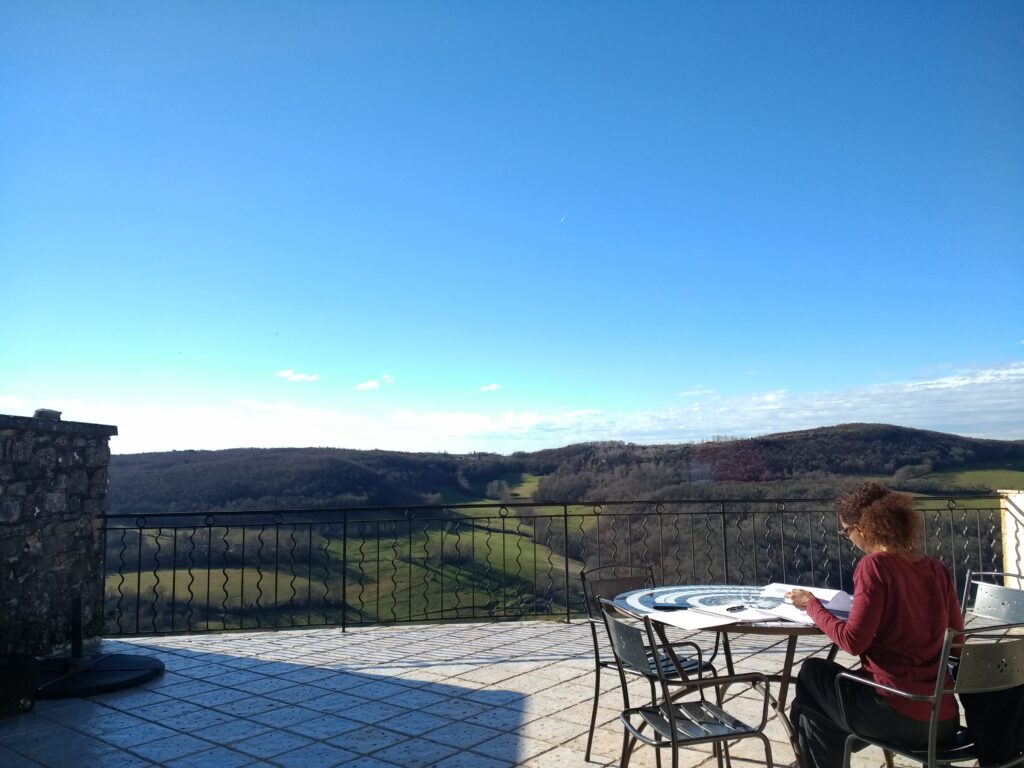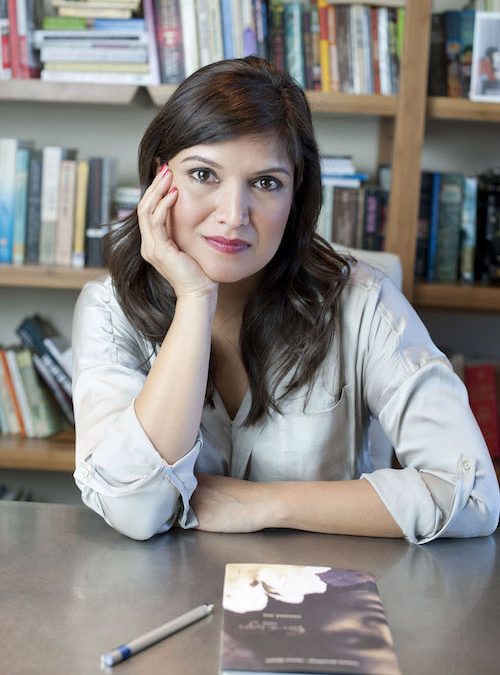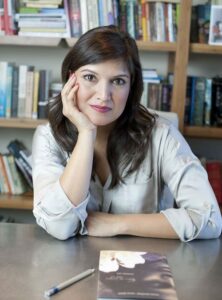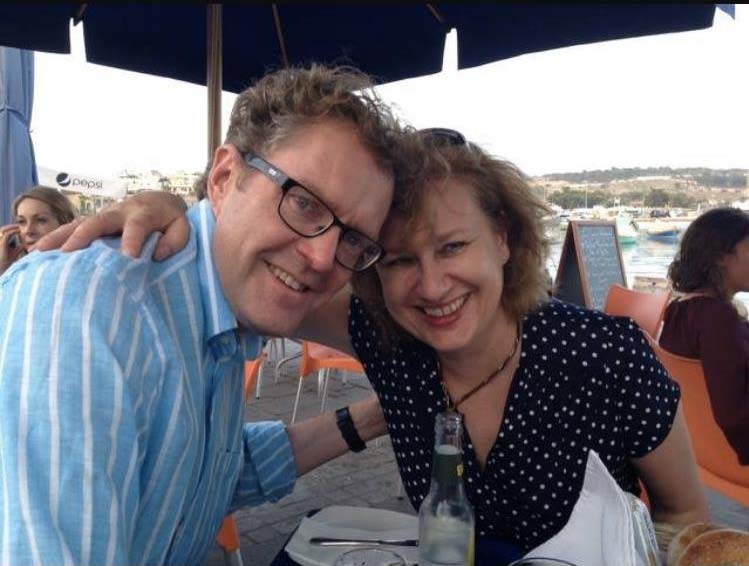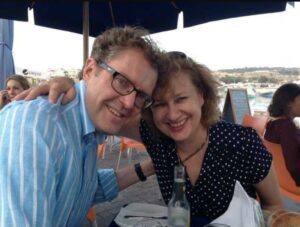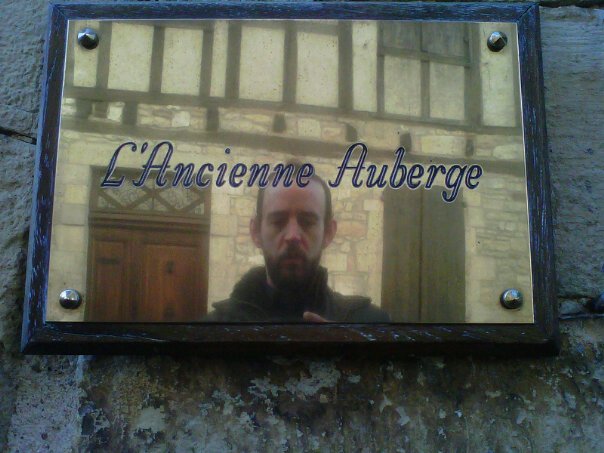Zain Khalid
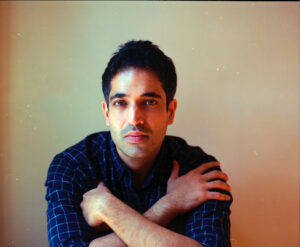
Zain Khalid’s writing has appeared in The New Yorker, n+1, The Believer, Astra Magazine, McSweeney’s Quarterly Concern, and elsewhere. His debut novel, BROTHER ALIVE (Grove Atlantic), is a finalist for the National Book Critics Circle John Leonard Prize for best first book in any genre and was named a best book of 2022 by Library Journal and other outlets. He is a finalist for the 2023 New York Public Library Young Lions Fiction Award. He is also the fiction editor at The Drift.
He is represented by Kent D. Wolf of Neon Literary and Olivia Blaustein of Creative Artists Agency.
